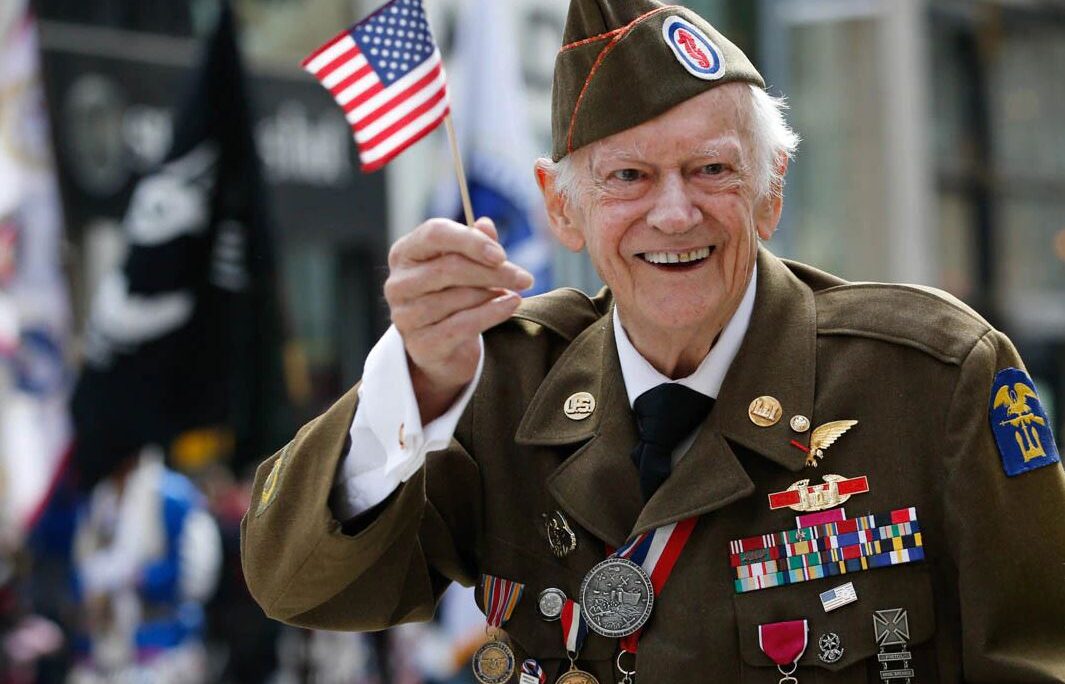Key Takeaways:
- Understanding the legal rights military veterans are entitled to after service.
- Exploring the civic responsibilities that accompany veteran status.
- Recognizing the importance of support systems for veterans’ transition to civilian life.
- Highlighting avenues for veterans to engage in community and national service.
Legal Protections for Veterans
Many legal protections are structured around veterans to provide a robust safety net as they shed their uniforms. This decommissioning is safeguarded by laws that span healthcare, employment, and educational benefits. It is essential to parse these layers not just for understanding but to facilitate the comprehensive support of those like the defenders at Berry Law in Nebraska. The legal framework that supports veterans is both an acknowledgment of their contribution and a reinforcement of their rights as they segue into daily life away from the front lines.
Healthcare Services for Veterans
The health of our veterans is prioritized through a comprehensive network of VA healthcare facilities. These institutions are vital, providing a wide range of services, from primary care to specialized treatments for service-related injuries. Mental well-being is also a focal point, with targeted mental health support services designed to help veterans navigate post-traumatic stress and other psychological effects of their service. The commitment to veteran care is a testament to the nation’s gratitude and intent to heal our warriors wholly and honorably.
Employment and Reintegration
Securing meaningful employment is instrumental to a veteran’s return to civilian life. According to experts in Nebraska, various reintegration programs and protective employment laws have been instituted. These initiatives foster an environment that welcomes veterans back into the workforce and respects their military service by ensuring fair treatment and adequate reemployment rights. Such bolstered employment prospects are critical to the societal reabsorption of veteran skills and leadership qualities into the civilian sphere.
Educational Benefits for Service Members
Beyond immediate health and employment needs, empowering veterans with educational opportunities paves the way for long-term success. The GI Bill and similar programs illuminate a path for veterans to expand their expertise and adapt to new professional landscapes. Education acts as an equalizer, opening doors to higher earning potential and personal enrichment, fortifying the individual prosperity veterans wholeheartedly deserve.
Civic Responsibilities and Engagement
Transitioning from military to civilian roles does not extinguish a veteran’s propensity for service. Instead, it often intensifies it. The ingrained discipline and collective responsibility fostered within the armed forces translate to community involvement and a continuous contribution to societal well-being. Veterans often lead by example through volunteering, championing veterans’ causes, or participating in local governance, reinforcing the fabric of our civic institutions.
Support Systems and Family Dynamics
The significance of a robust support network for veterans cannot be overstated. Family dynamics often shift when a service member returns home, and the inclusion of tailored community support is critical to navigating these changes. These systems are the bedrock upon which stable and healthy transitions are built. From navigating bureaucracy to addressing mental health needs, the support ecosystem surrounding veterans and their loved ones is an intrinsic component of their well-being.
Veteran Organizations and Advocacy Groups
The narrative of a veteran’s life post-service is punctuated by growth and sometimes strife. It is within this narrative that veteran organizations emerge as pivotal characters. These groups work tirelessly to ensure veterans receive their due benefits and respect. The services provided by these organizations cover a spectrum of needs, which include advocacy, mentorship, and legal assistance, all of which align to amplify the voice of the veteran community.



